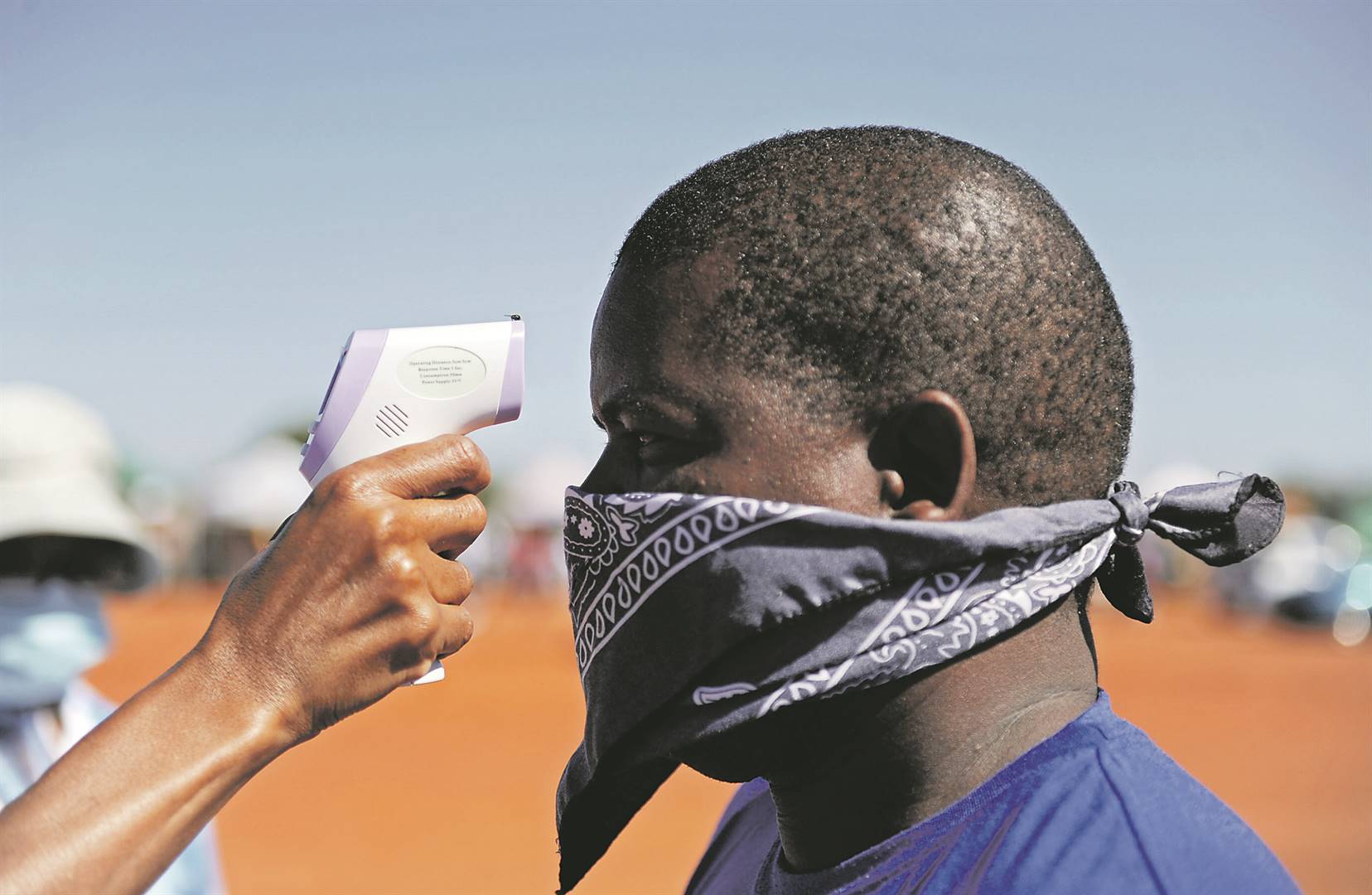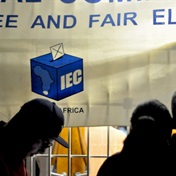
Freedom Day, commemorated annually on April 27, reminds us of our first multiracial elections on this day in 1994, which gave birth to our constitutional democracy.
Our Constitution, with its Bill of Rights, finally enacted in 1996, reflects something of the spirit of our people’s struggle that buried apartheid in the country.
While reflecting on Freedom Day in the midst of the grip which the Covid-19 coronavirus has on the world, it struck me anew that healthcare is singled out in the Constitution because the liberation movement(s) recognised its utmost importance.
In the Bill of Rights, it says: “(1) Everyone has the right to have access to (a) healthcare services, including reproductive healthcare; (b) sufficient food and water; and (c) social security, including, if they are unable to support themselves and their dependants, appropriate social assistance. (2) The state must take reasonable legislative and other measures, within its available resources, to achieve the progressive realisation of each of these rights. (3) No one may be refused emergency medical treatment.”
What struck me again about our country’s human rights approach to healthcare, is the way in which it recognises the importance of the economic and social conditions that influence individual and group differences and status of health.
READ: Global health crisis lays bare imbalances and inequality
But, before we continue, a quick story of what happened to a friend of ours recently. On the day our lockdown started, she was operated on for colon cancer.
The diagnosis had been made earlier that week, and she needed this operation urgently. She and her husband don’t have medical aid, but prefer private medical healthcare.
To be admitted, they had to make a huge financial deposit.
Because her husband’s money is currently in a fixed investment, he had to borrow the money from a friend. Gladly, everything went well, she received excellent service and after nine days she was discharged, but with a total cost of almost R400 000.
While I was wondering about this, I recalled conversations I had with the late ANC politician and minister, Dullah Omar, during the early 1990s.
On more than one occasion, he emphasised that healthcare would continue to be a challenge in our country, and then always remarked: good healthcare is not a privilege, but a basic human right.
Healthcare in South Africa treats people with money extremely well, because skills and professionals follow money, while so many poor people have to depend on second-rate healthcare.
According to the department of health, “80% of the specialists of the country are in the private sector, serving only 16% of the population. The remaining 84% of the population is served by only 20% of specialists.”
Based on information by the South African Health Review (2008 – the latest I could find), the department further points to the following unequal spread of other health professionals:
“Only three out of every 10 doctors on the professional register work in public hospitals and clinics; only one out of every 10 registered dentists works in a public hospital or clinic; four out of every 10 registered professional nurses work in public health facilities and half of the enrolled nurses are employed in the public health sector; only one of every 10 registered pharmacists works in a public hospital or clinic; fewer than two out of 10 registered physiotherapists work in public facilities; about one out of 20 registered psychologists … and one out of every 12 optometrists work in the public sector”.
The department further states that there are approximately “1.2 million women who fall pregnant every year. The private health sector takes care of only 140 000 of them with 80% of the specialist doctors. The public health system takes care of a whopping 1 060 000 with only 20% of the specialists.”
According to the journal, “one particular private hospital in Johannesburg [name withheld] has 30 specialist gynaecologists. Limpopo has only seven full-time South African gynaecologists to serve a total of 40 hospitals in the whole public sector, Mpumalanga has six to serve a total of 33 hospitals and North West has seven to serve a total of 22 hospitals.”
In a just world, the sickest people, not the richest, should receive the largest share of healthcare, in all respects. However, it is not only this inequality that is worrisome; there are also other factors leading to the current crisis in our healthcare system.
Mark Heywood, erstwhile executive director of human rights organisation Section27, in his 2019 article Ailing Nation – The things Sona won’t say about the health crisis, refers in this regard to the “quantum of corruption in the health sector ... numbers of publicly trained doctors and nurses who drain out of the public health sector, into the private sector, to Canada and Australia ... unacceptable levels of medicine stockouts, or equipment shortages”, among other issues.
For Heywood, “health is vital to our national wellbeing”. He then makes the important point that disparities in healthcare are not only “a symptom of the inequality we inherited from our past, [they are] also a cause of inequality in our future”.
In light of this, a well-managed, capacitated and strictly administered National Health Insurance, as being constructed and envisioned by government, has become essential for the country in order to address these disparities, and as a way to provide access to high quality healthcare for everyone.
If we are willing to share our resources as a nation when it comes to matters of life and death, health and sickness, we will join hands in ways that really count, leading to more equality and freedom, and a system of social justice.
Jones heads the unit for moral leadership in the faculty of theology at Stellenbosch University
Have you managed with healthcare
costs during the Covid-19 lockdown?
SMS us on 35697 using the keyword HEALTH and tell us what you think. Please include your name and province. SMSes cost R1.50. By participating, you agree to receive occasional marketing material




 Publications
Publications
 Partners
Partners









